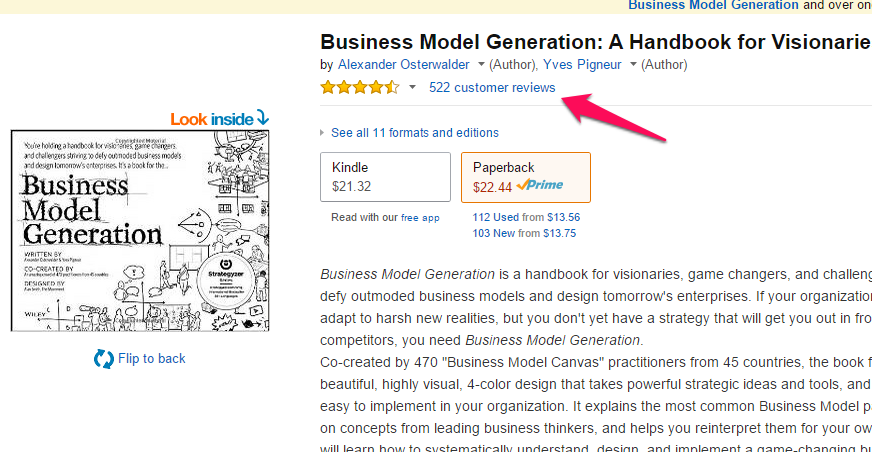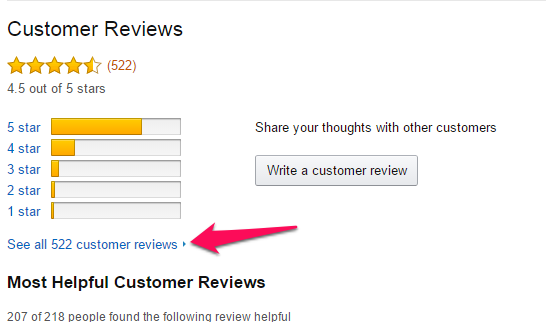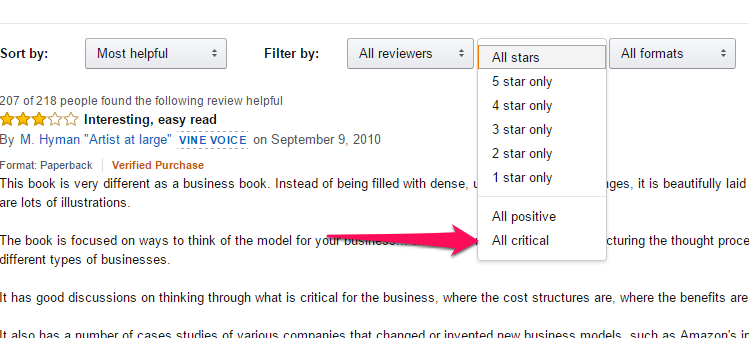Something I see most software entrepreneurs struggle with is finding the right idea. Not just any idea, but an idea that has a legitimate chance of success.
I decided to round up eight different strategies for finding the right product idea.
Sources of Product Inspiration
1. E-commerce Extensions / Modules / Add-ons
Look at the top performing extensions/add-ons in e-commerce platforms. Read the reviews. What are people saying positively? What are the negatives? Especially make note of the negatives.
The nice thing about this method is that there’s a built in eco-system for you to market your product to. You will know exactly who your ideal customer is.
2. WordPress Plugins
Find WordPress plugins with a ton of downloads, but lower ratings (less than 4 stars). What are the comments saying? What help tickets keep popping up for those plugins?
Like the e-commerce marketplaces, WordPress has a massive vault of plugins where your potential customers are searching.
3. Things that Interest You
Find a niche you have interest in, and read what people are saying in forums regarding that niche. What problems / questions keep popping up repeatedly?
Can you solve these issues with a product that people are willing to pay for? Are the issues that are popping up related to something in the niche that people already paid for?
4. Amazon Book Reviews
Visit Amazon.com and start reading book reviews for the niche you are interested in. What are people saying? What were they hoping to get out of the book? Pay extra attention to the negative reviews (show how to sort to where you are only looking at those).
Pay extra attention to the negative reviews. Here’s how to quickly get to the information you need.

Then click to view all reviews:

Then sort by “All Critical”:

5. Software Marketplaces
Look at add-ons/extensions for different software applications currently available. Similar to e-commerce platforms, but more broad for all software. For example, software solutions like SalesForce has their own app marketplace. What are people saying they are missing?
6. App Marketplace
Go to the app marketplace on your phone. Look for apps with a ton of downloads and look at the negative reviews. Are there any commonalities?
7. Recent Purchases
What software do you use regularly that you’ve purchased? Look at your bank statement and go through it to review what purchases you’ve made in the last 30 days.
Is there a key part of the software that you consistently use that you feel could be it’s own standalone service? This is exactly what Buffer did. There were several social media management apps that already offered scheduling, but they decided to really nail the scheduling feature as it’s own standalone feature.
Talk with other users of the software and make sure they are using it in the same way.
8. Productized Consulting
If you are providing some sort of consulting, chances are there are pieces of your operation that could be automated. This could eventually be a stand alone product, or even a productized service.
LeadFuze was born from two previous companies for example. One of which I needed to automate more of the lead finding. The other, I needed more email automation in place to close more deals. I decided combining these two previous systems into one would be a good idea and so far it has paid off.
I Have an Idea, Now What?
Once you feel you’ve found the right solution – you will want to start talking to some people about it.
Find people in the industry already that you are targeting and have some initial conversations. You might want to at least get a landing page up. Use LeadPages, Unbounce, or something similar to get a quick web page up that explains your concept. You want to collect early email sign-ups.
This is something you can also submit to beta websites. You should be having conversations with these people who express early interest to make sure you are working on a product that will eventually become something they will pay for. This early interest is ultimately something that will allow you to gauge if an idea is worth pursuing.
This early interest is ultimately something that will allow you to gauge if an idea is worth pursuing.
One bonus thing you can do, is setup paid advertising via Adwords to the landing page as well. The paid ads should appear as though you have a completed product. You aren’t so worried about the sign-ups (your conversion will be low since it isn’t an actual product yet).
However, if you are getting click-throughs, that’s a good sign that you are onto something. I usually recommend shelling out a $200 a day for a couple of days to test this. It might seem like a lot of money, but when you realize how much time, money, and energy you can end up spending on an idea that doesn’t work…the $500 to $600 you spend testing your idea is well worth it.
How Do You Know if it’s Still Worth Pursuing?
Setting a goal that determines if your idea is worth pursuing is often the most overlooked mistake an aspiring entrepreneur makes. They are just hungry and want to get started on something right away. They couldn’t tell you what testing metrics (# of customers/users and/or revenue should always be the baseline) would need to be to determine if something was a success or a failure.
They are just hungry and want to get started on something right away. By not having some sort of “success metric” defined, you have no idea if you are on the right path.
When I started LeadFuze, I told my wife that I think I can get 4 customers signed up and have the company making over $1,000/mo in the first 30 days. If that happened, I told her I would be committing more of my time to LeadFuze to further test where things could go. If I failed to hit those numbers, I wouldn’t have put much energy into taking it further. Those were the “success metrics” I determined I needed to hit.
Conclusion
At the end of the day, you want to be building a product that people want and are willing to pay for.
How have you come up with product ideas in the past?
What ways have you successfully developed a product idea and tested it?








 "Justin is the proto-type of a 21st century business leader. Unmatched skills with evolving technology, combined with the social and emotional intelligence required to handle an increasingly advanced consumer." ~ Michael Lambourne of Blend.
"Justin is the proto-type of a 21st century business leader. Unmatched skills with evolving technology, combined with the social and emotional intelligence required to handle an increasingly advanced consumer." ~ Michael Lambourne of Blend.
Justin, another outstanding article! Eric from Instapage here and the actionable pre-validation tips here simply rock. We see a ton of landing pages created to do just that. Our freemium model helps our users get a page live and testing within minutes.
I would challenge you and your readers to create a free page with Instapage http://goo.gl/kRxfxJ and then submit it to us for a free conversion review.
Keep up the awesome work man and look forward to reading alot more!
Nicely done Eric. Great hustle and nice site! 🙂